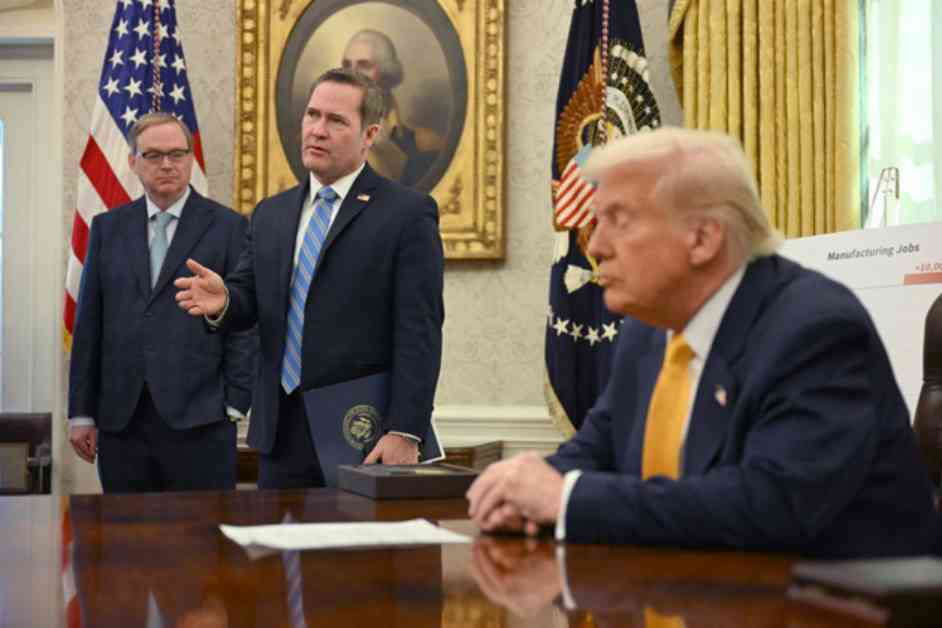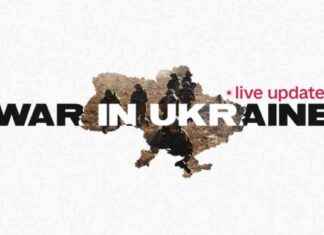US President Donald Trump has been at the center of a heated debate surrounding the potential for him to receive a Nobel Peace Prize in 2025. The discussion arose after a reporter questioned him about security guarantees for Ukraine during a press conference in the Oval Office. Trump emphasized the importance of ending the war in Ukraine before considering any accolades, hinting at his aspirations for the prestigious award. The clash between Trump and Ukraine’s President Volodymyr Zelensky during a White House meeting shed light on the complexities of diplomacy and peace negotiations.
Trump’s Quest for the Nobel Peace Prize
The controversy surrounding Trump’s potential Nobel Peace Prize nomination began when MAGA Representative Darrell Issa proposed him as a candidate for the 2025 award. This nomination sparked discussions about Trump’s contributions to global peace and stability, particularly in conflict zones like Ukraine and Gaza. Trump’s aspirations for the Nobel Peace Prize have been evident in his previous statements, where he expressed admiration for the recognition and criticized past awardees.
During the press conference, Trump reiterated his commitment to resolving the conflict in Ukraine, emphasizing the need to prioritize peace over personal accolades. His stance on the war and security guarantees for Ukraine highlighted the intricate nature of international relations and the challenges of navigating diplomatic negotiations. Despite the complexities involved, Trump’s determination to end the conflict resonated with his supporters and critics alike.
The Nobel Prize Controversy
The debate over Trump’s eligibility for the Nobel Peace Prize underscores the subjective nature of the award and the political implications of such recognition. While supporters argue that Trump’s efforts in conflict resolution deserve acknowledgment, critics question his motives and track record in handling international crises. The contrasting views on Trump’s nomination shed light on the broader discourse around peacebuilding and diplomacy in a rapidly changing global landscape.
Trump’s interactions with foreign leaders, including Zelensky and Netanyahu, have further fueled speculation about his chances of winning the Nobel Peace Prize. His bold statements and strategic maneuvers in diplomatic negotiations have drawn attention to the role of personal ambition in shaping foreign policy decisions. As the debate continues to unfold, the question of whether Trump will secure the Nobel Peace Prize remains unanswered.
In conclusion, the saga of Trump’s potential Nobel Peace Prize nomination reflects the intricate dynamics of international diplomacy and the pursuit of peace in conflict-ridden regions. The intersection of personal ambition, political calculations, and global recognition underscores the complexities of statesmanship in the modern era. As Trump navigates the challenges of resolving the war in Ukraine and other crises, his quest for the Nobel Peace Prize serves as a compelling narrative of ambition, power, and the elusive pursuit of peace on the world stage.

















